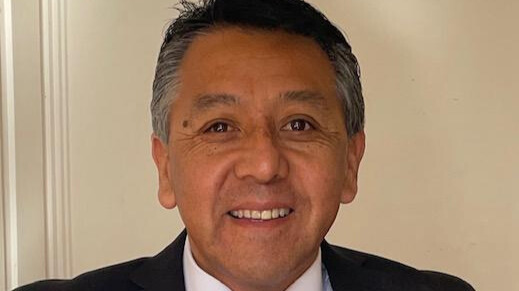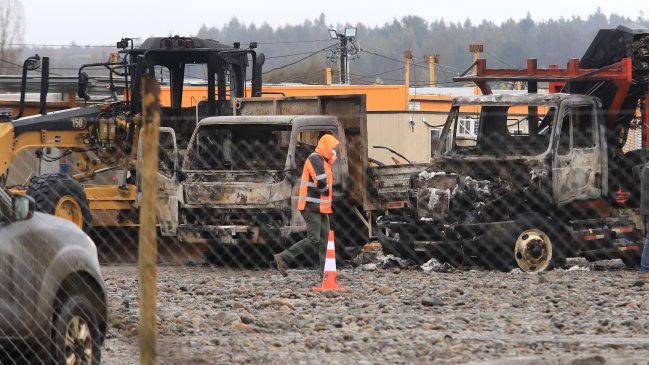By Richard Caifal, lawyer and executive director of the RAKIZUAM foundation
Within the purpose of the Commission for Peace and Understanding, it was considered to advise the President of the Republic in building and consolidating a long-term solution to the territorial conflict in the regions of Biobío, La Araucanía, Los Ríos, and Los Lagos.
The document issued by the Commission does not have the nature of a general, mandatory, or binding mandate. On the contrary, as has been stated, the overall purpose is for its recommendations to serve as a reference for building and consolidating a long-term solution to the conflict in the southern macrozone and to establish an institutional and legitimate pathway to address the land conflict.
It is important to note that many of the proposed measures must first undergo indigenous consultation processes and, in the event they need to become law, will be discussed in parliament like any other legal norm.
Regarding concerns about violence or terrorism, it should be noted that as of February 12, 2025, the new anti-terrorism law No. 21.732 has come into effect. Among its provisions is the obligation for the Ministry of Public Security to develop and propose to the President of the Republic a National Strategy for the Prevention and Combating of Terrorist Conduct, which must be coordinated across sectors, updated, and periodically evaluated. Likewise, a proposal for reparations to victims of terrorism will be formulated.
Consequently, whatever the Commission for Peace recommends must comply with current regulations. The same applies to the victims of these crimes, who have not been left unprotected, as the law mandates or obliges the Ministry of Security to formulate reparation measures.
Finally, it should be noted that a serious analysis of the commission's report cannot, under any circumstances, lead to conclusions about autonomy, self-government, or independent justice.







Comments (0)
No comments yet. Be the first to comment!
Leave a comment